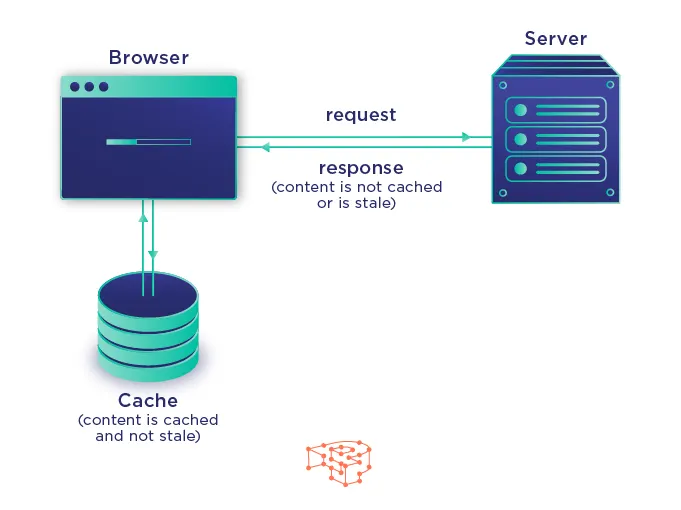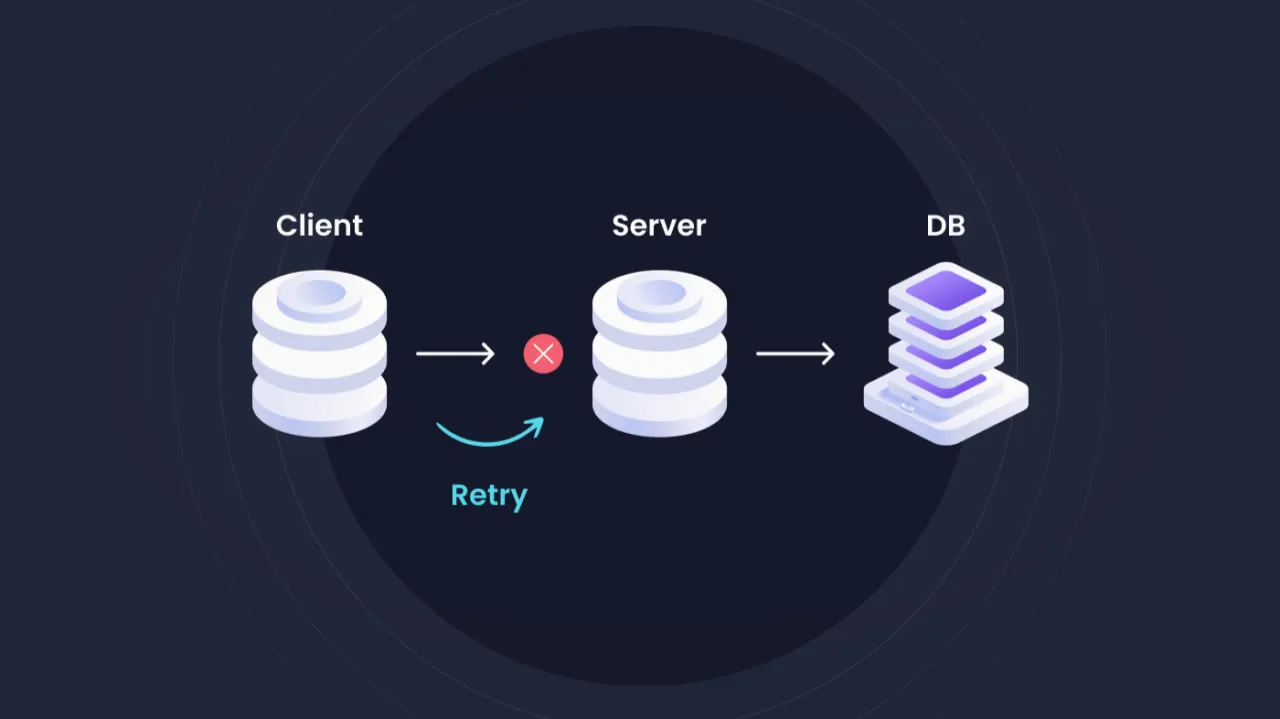Our daily routines often show how we’re doing. Certain everyday habits can hint at mental health issues. Spotting these signs early is key for getting help.

Some habits might seem okay, but they can hide symptoms of mental health problems. For example, eating less or sleeping more can mean you’re struggling. Knowing these common habits helps us support each other’s mental health.
Key Takeaways
- Changes in daily routines can indicate mental health issues.
- Certain habits, such as altered sleep patterns, may signal underlying problems.
- Awareness of these habits is crucial for mental health support.
- Early recognition can lead to timely intervention.
- Promoting mental health awareness is vital for overall well-being.
The Hidden Language of Mental Health in Daily Behaviors
Our daily actions often show signs of mental health problems. These signs can be hidden but important. Knowing them early is key to helping.
Finding these signs can be hard. We need to know what’s normal and what’s not. This helps us spot problems early.
Why We Miss the Early Warning Signs
Early signs of mental health issues are easy to miss. They can be small or seem like something else. We might think they’re just a phase, not realizing they’re symptoms of mental illness.
This can make us wait too long to get help. It’s important to catch these signs early.
The Science Behind Behavioral Indicators
Behavioral indicators come from psychology and brain science. Studies link certain actions to mental health issues. This helps doctors find and treat problems.
Sleep Disruptions as Mental Health Red Flags
Mental health warning signs can be hard to spot, but sleep issues are a big warning. Sleep patterns are key to our well-being. Problems like insomnia or too much sleep can be signs of mental health issues.
When Insomnia or Hypersomnia Become Concerning
Insomnia and hypersomnia are big sleep problems. Insomnia makes it hard to fall or stay asleep, often due to anxiety or depression. Hypersomnia, or too much sleep, can mean depression or seasonal affective disorder. Watching for these changes and getting help is important.
- Difficulty falling or staying asleep
- Excessive sleepiness or oversleeping
- Changes in sleep patterns without an apparent reason
Nightmares, Night Terrors, and Mental Health
Nightmares and night terrors are sleep issues linked to mental health. Nightmares are scary dreams that cause a lot of distress, often seen in PTSD or anxiety. Night terrors happen in deep sleep and the person might not remember. These can show there are psychological issues that need attention.

Seeing sleep problems as mental health warnings is key. Understanding how sleep and mental health are connected helps us seek help and get better.
Eating Patterns That Signal Psychological Distress
Eating patterns are closely linked to our mental well-being. Disturbances can signal psychological distress. The relationship between what we eat and how we feel is complex.
It involves both physical and emotional factors. As I explore these eating patterns, it becomes clear. They can be significant indicators of underlying mental health issues.

Significant Changes in Appetite or Weight
A notable change in appetite or weight can be a red flag. This could manifest as either a significant increase or decrease in appetite. Leading to corresponding weight changes.
Such changes are often associated with conditions like depression or anxiety. Where the individual’s eating habits are affected by their mental state.
Emotional Eating and Food Avoidance
Emotional eating, where food is used as a coping mechanism, is another pattern. It can indicate psychological distress. On the other hand, avoiding certain foods or having a restricted diet can also be linked to mental health concerns.
Such as anxiety disorders. These behaviors highlight the intricate relationship between eating habits and emotional well-being.
Ritualistic Eating Behaviors
Ritualistic eating behaviors, such as following a very strict diet, can also signal underlying psychological issues. These behaviors might be associated with obsessive-compulsive tendencies or other mental health conditions.
Where routine and control become significant factors.
Understanding these eating patterns can provide valuable insights into an individual’s mental health. By recognizing the signs of psychological distress in eating habits, we can take the first steps towards addressing the underlying issues.
Physical Manifestations of Mental Health Struggles
Mental health issues can show up in our bodies, affecting how we feel. When we’re struggling mentally, our bodies can also feel the pain. This shows how deeply our mental health affects us.
Unexplained Aches and Pains
Unexplained aches and pains are common signs. Stress and anxiety can make our muscles tight. This can cause headaches, back pain, and more.
These symptoms can last a long time. They might not get better with usual treatments. So, it’s important to think about our mental health too.
Changes in Energy Levels and Fatigue
Fatigue is a big sign of mental health problems. Depression and anxiety can make us very tired. It’s hard to do simple things every day.
On the other hand, some people can’t relax. This shows how our mental state and energy levels are connected.
Neglect of Personal Hygiene and Appearance
Mental health issues can also affect how we take care of ourselves. Depression can make us not want to take care of our appearance. This can make us feel even worse about ourselves.
In short, mental health struggles can show up in many ways. They can really change how we live. It’s key to notice these signs and get help.
I Didn’t Know These Common Habits Were Signs of Mental Health Issues
Some daily habits can show signs of mental health problems. These behaviors might seem normal but can hide deeper issues. Spotting these habits early is key to getting help.
Digital Behavior Changes and Social Media Patterns
Changes in how we use digital tools can signal mental health issues. Watching for these changes can help spot problems early.
Perfectionism and Excessive Organization
Being organized is good, but too much can be a warning sign. Excessive perfectionism can lead to a need for total control or trouble accepting flaws.
Procrastination, Avoidance, and Task Paralysis
Putting things off or avoiding tasks can hint at mental health issues like anxiety or depression. When someone can’t start a task, they might need support.
Persistent Self-Criticism and Negative Self-Talk
Constantly criticizing oneself or others is often linked to mental health problems. Noticing these patterns in oneself or others is the first step to seeking help and a more positive outlook.
Knowing about these habits and their mental health links can help us stay well. It’s all about being proactive for our mental health.
Social Withdrawal and Relationship Changes
Withdrawing from social interactions and relationships is a big sign of mental health problems. People with mental health issues might stop hanging out with friends and family. They may also quit activities they loved doing before.
Declining Invitations and Avoiding Interactions
Not wanting to go to social events or talk to people is a warning sign. It can show up as not caring about social events or ignoring phone calls. For example, someone who was always online might stop posting or talking to others.
Changes in Communication Style and Content
How and what we say can also hint at mental health issues. A person might start talking less or more than usual. They might sound negative or very critical all the time.
Signs of Social WithdrawalImpact on RelationshipsDeclining social invitationsStrained friendshipsAvoiding interactionsFamily conflictsChanges in communication styleMisunderstandings and isolation
Spotting these changes in how we act with others is key to catching mental health issues early. Knowing these signs helps us support those who need it.
Conclusion: When to Seek Help and Available Resources
It’s important to know when habits might be signs of deeper issues. The behaviors talked about in this article could mean there’s something more going on. This might need help from a professional.
If you notice big changes in how you sleep, eat, or feel physically, it’s time to get help. Also, if you’re pulling back from friends, spending too much time online, or doing the same things over and over, it could be a sign of mental health problems.
Looking for help is brave, not weak. Mental health experts like therapists can offer support. You can find help through national hotlines, online groups, and local services.
By spotting these signs and getting help, you can face your mental health issues. Using the resources available can help you get better and feel better overall.
FAQ
What are some common habits that could be signs of mental health issues?
Signs of mental health issues include changes in sleep and eating habits. Digital behavior and social withdrawal are also signs. These habits might show problems like anxiety or depression.
How can I tell if my habits are related to a mental health issue?
Notice if your habits change a lot and affect your daily life. For example, if you can’t sleep well or eat too much, it might be a sign. Avoiding friends could also mean something’s wrong.
What should I do if I think my habits are related to a mental health issue?
If you think your habits are linked to mental health, get help. See a mental health professional. They can help figure out what’s wrong and how to feel better.
Can changes in digital behavior be a sign of mental health issues?
Yes, changes in how you use digital devices can be a sign. For example, too much social media or avoiding online friends might mean you’re struggling. This could be due to anxiety or depression.
How can I get help for mental health issues?
To get help, talk to a therapist or counselor. They can offer support and treatment. You can also find help through hotlines or online groups.
What are some resources available for mental health support?
Many resources are available for mental health support. You can find help from professionals, support groups, and hotlines. Online platforms like BetterHelp or Talkspace are also options.





Comments 0
You cannot comment because you are not logged in.
Log in to comment.